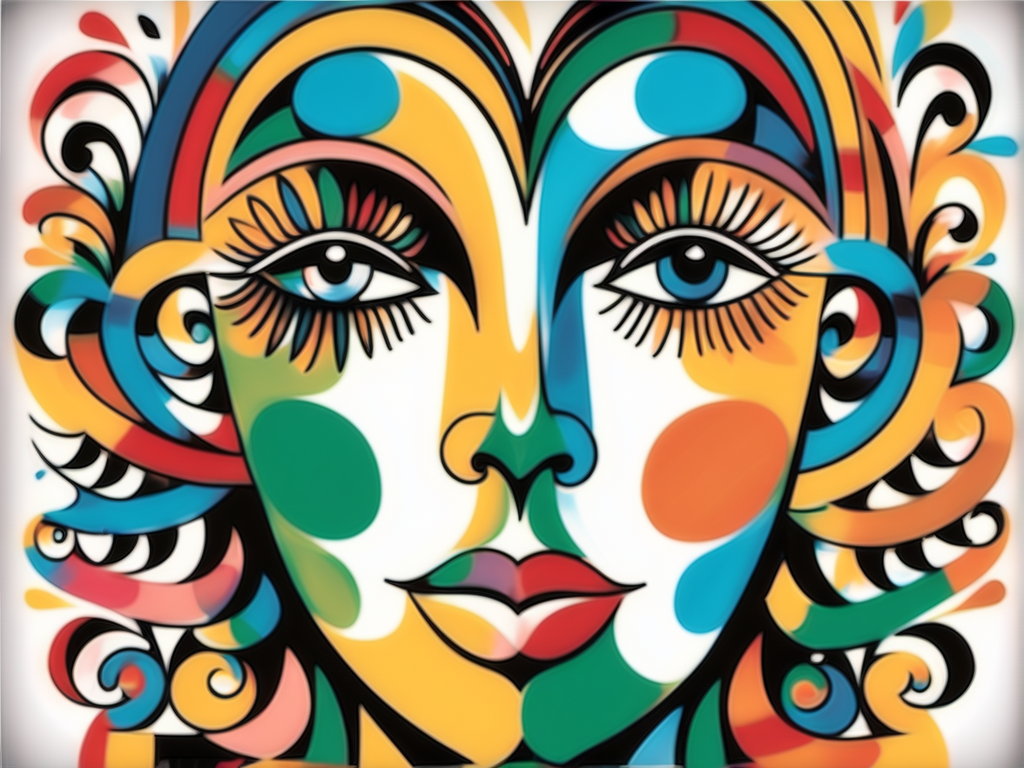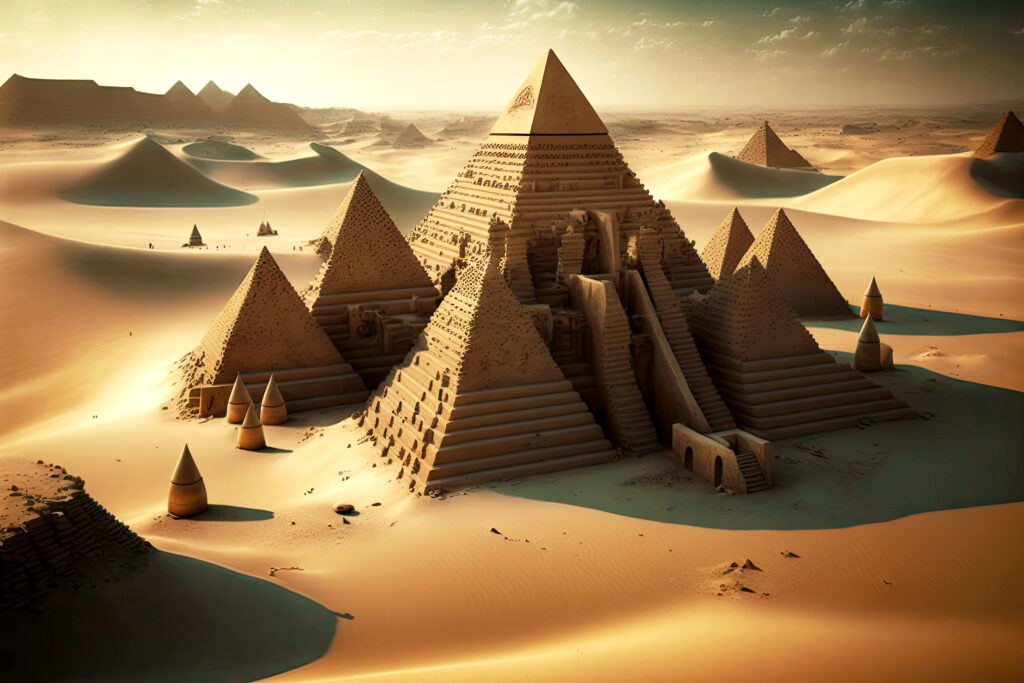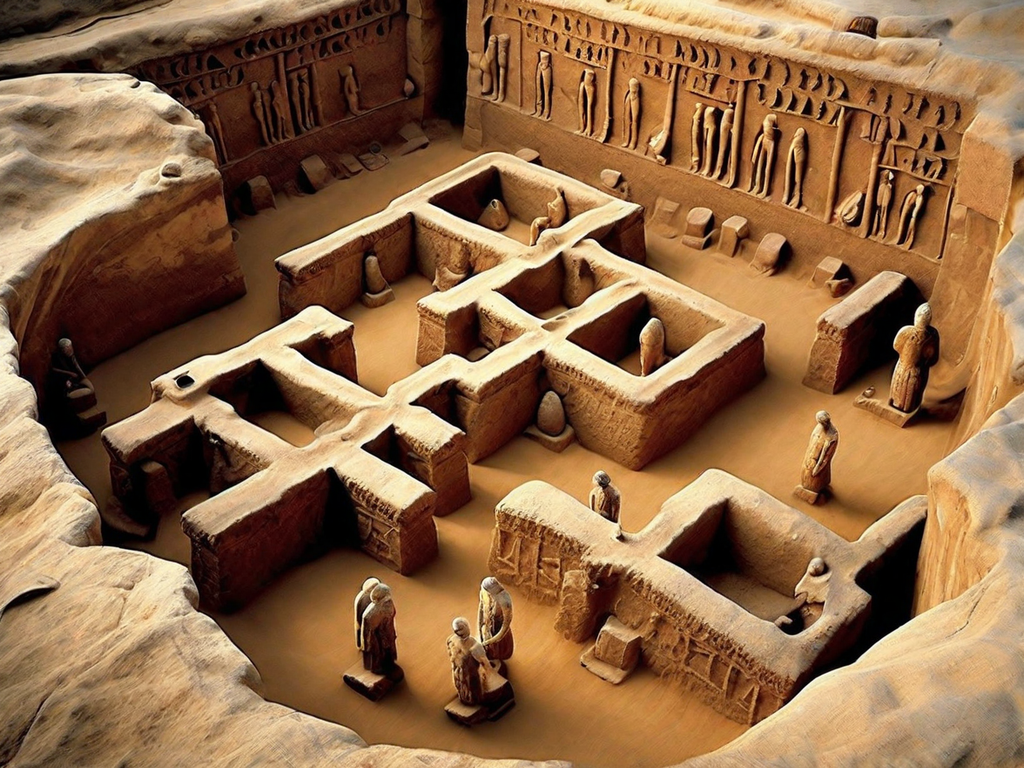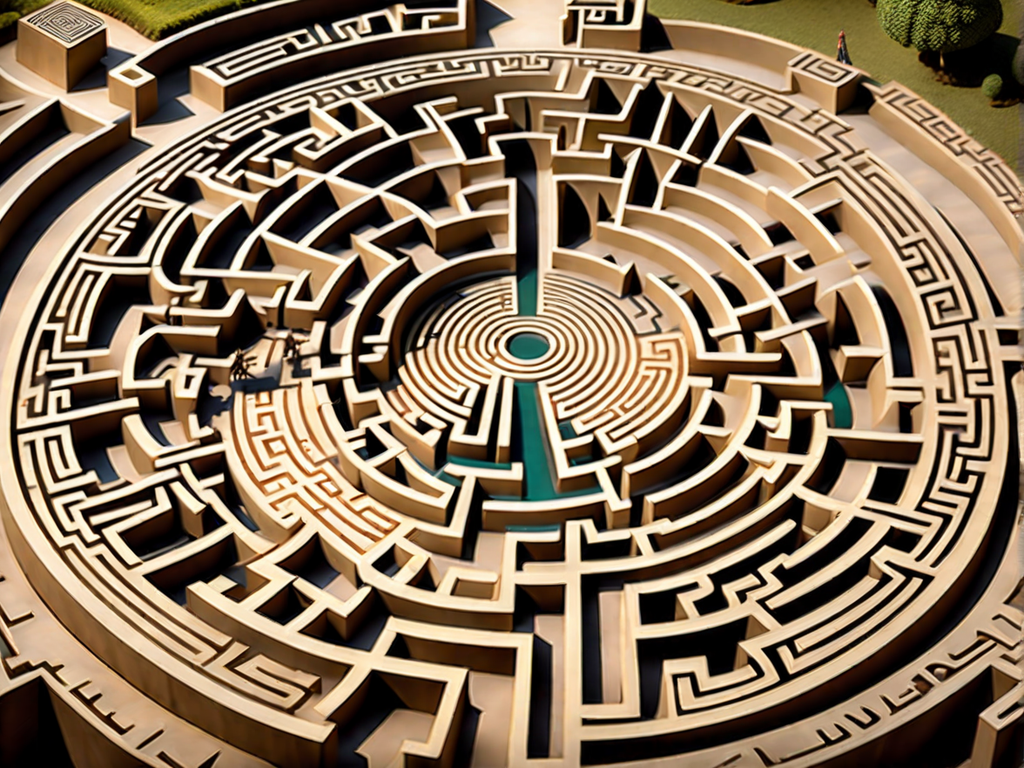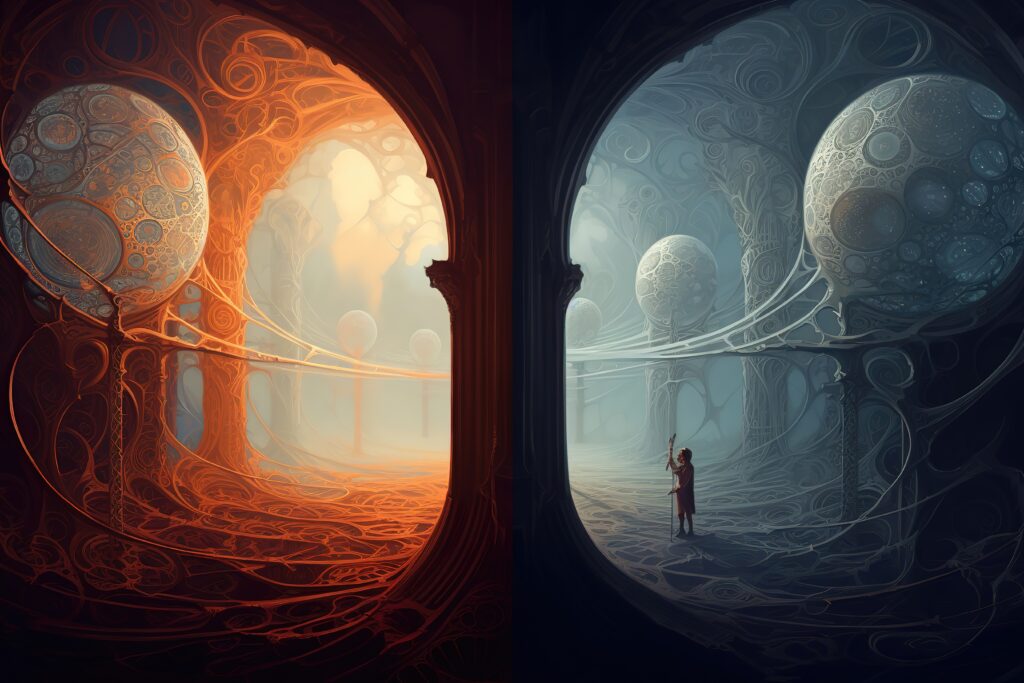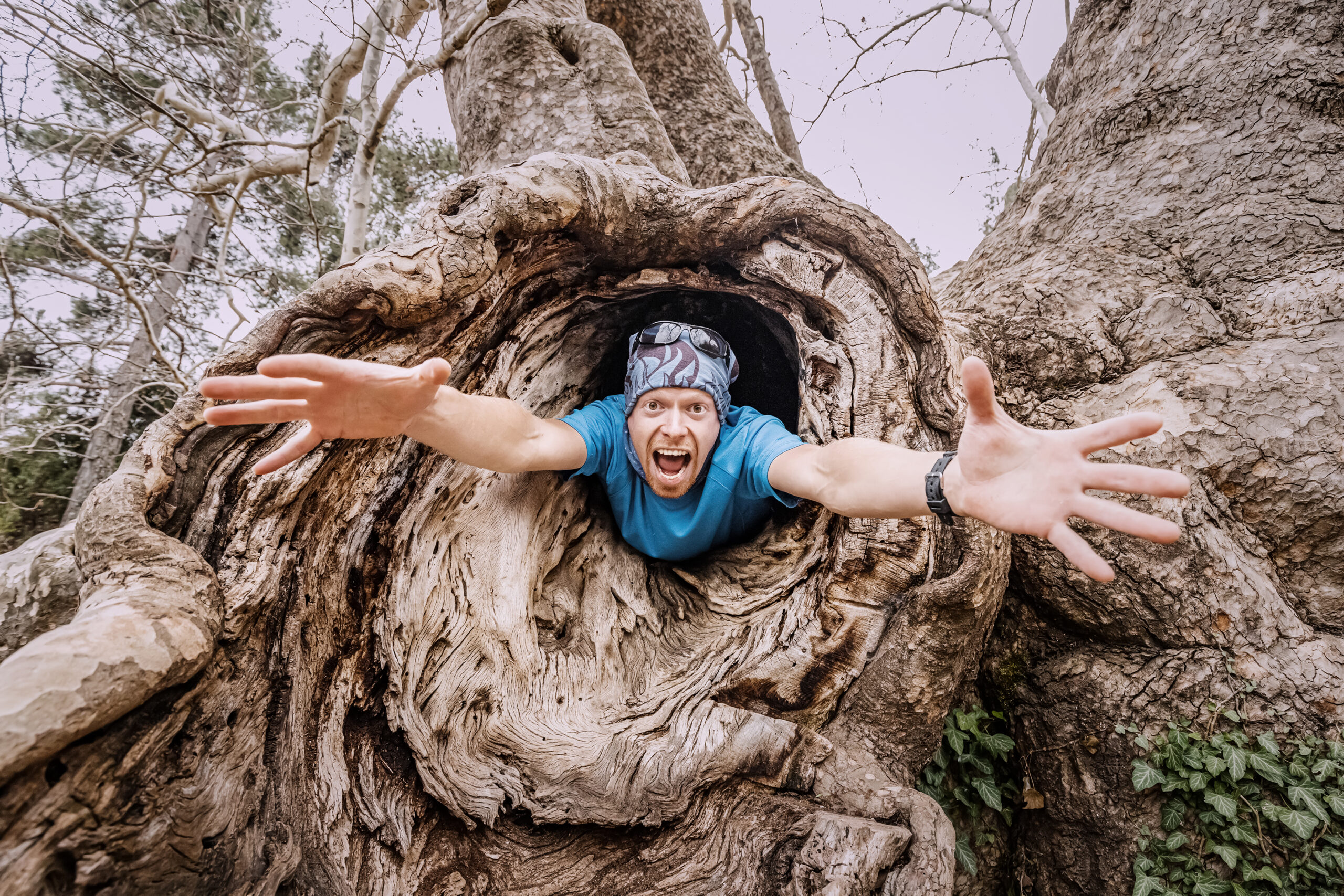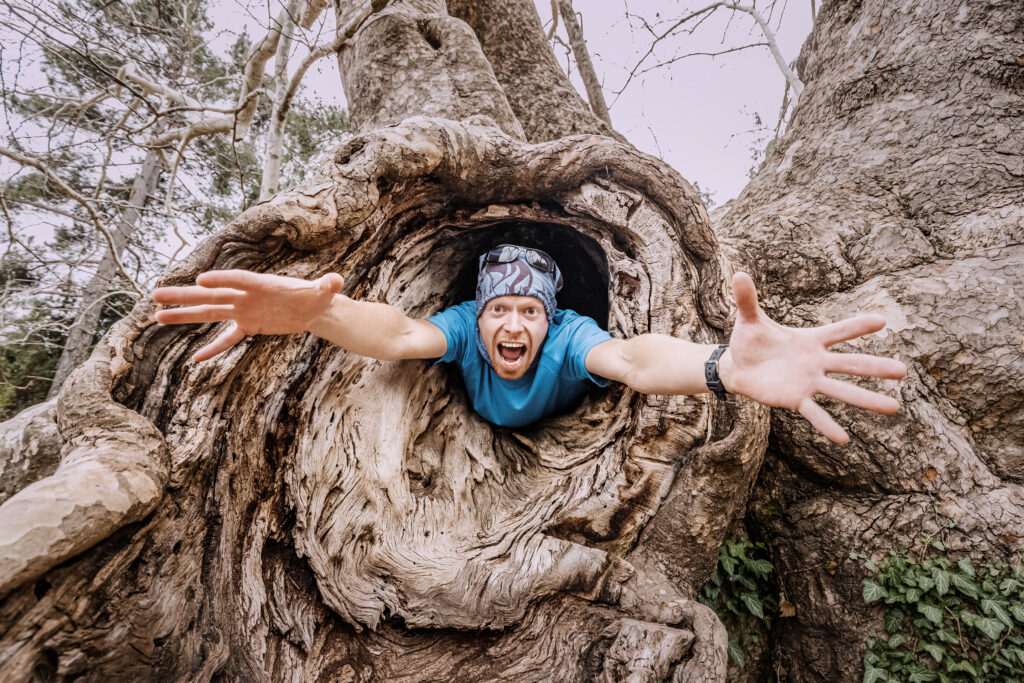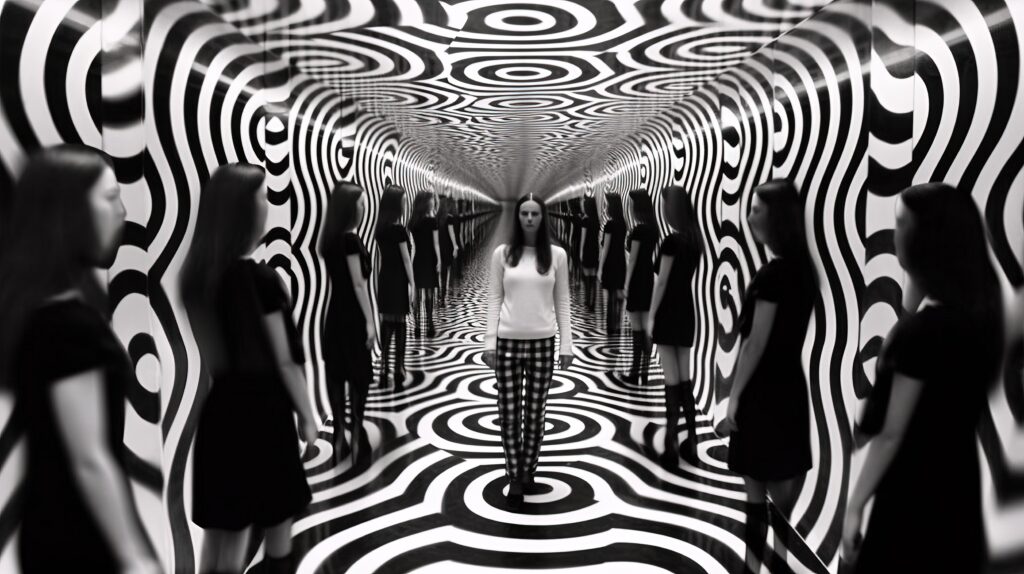The Nature of Secret Societies
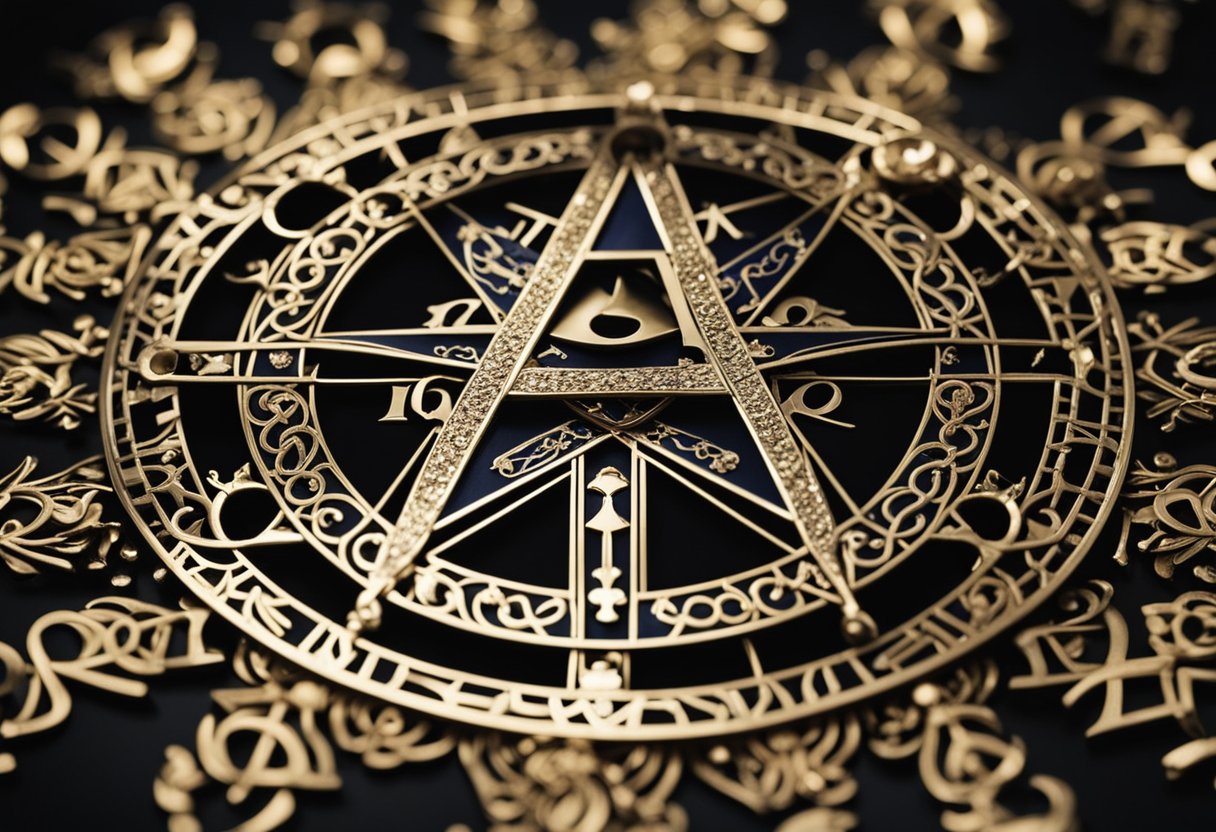
Secret societies are exclusive clubs that operate in secrecy, with their membership and activities kept hidden from the public eye. These societies are often shrouded in mystery, with little known about their inner workings and the reasons for their existence.
One of the defining characteristics of secret societies is their private and secretive nature. Members are bound by a code of silence and are expected to keep the society’s activities and membership a secret. This secrecy is often enforced through strict initiation rituals that test the loyalty and obedience of new members.
Symbols and rituals play a significant role in the workings of secret societies. These symbols are often used to represent the society and its values, while rituals are used to reinforce the society’s traditions and beliefs. Members are expected to show loyalty and obedience to the society and its leaders, and failure to do so can result in expulsion or even punishment.
Despite their secretive nature, secret societies have played a significant role in history. Many influential figures, including politicians, business leaders, and intellectuals, have been members of secret societies. These societies have been credited with shaping the course of history and influencing the development of societies and cultures.
In conclusion, secret societies are exclusive clubs that operate in secrecy, with their membership and activities kept hidden from the public eye. They are defined by their private and secretive nature, initiation rituals, symbols, and loyalty and obedience to the society and its leaders. While their inner workings remain a mystery to the public, secret societies have played a significant role in history and continue to exist today.
Historical Overview of Secret Societies
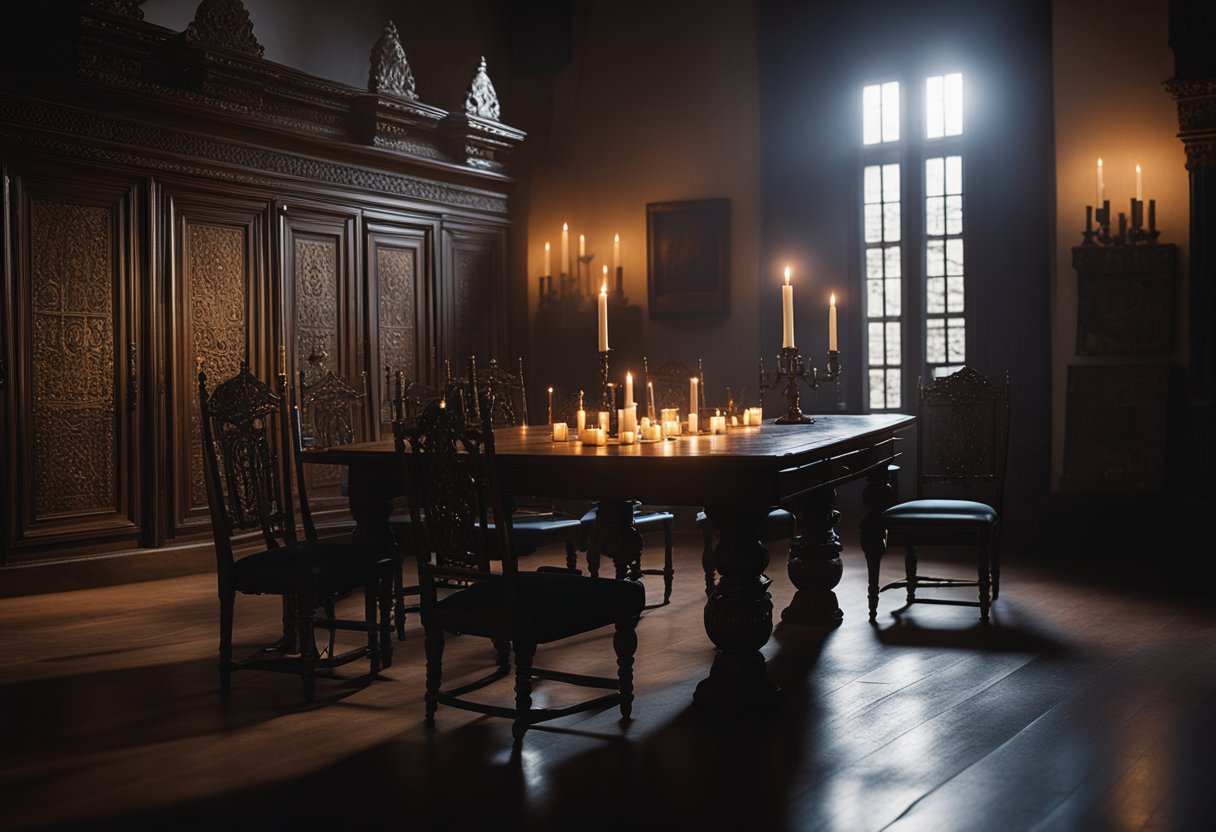
Secret societies have been around for centuries, with their roots dating back to the Middle Ages. During this time, many secret societies were formed as a way to protect and preserve knowledge that was considered dangerous or heretical by the ruling powers.
One of the most famous secret societies from this time period was the Knights Templar, a group of Christian pilgrims who traveled to the Holy Land during the Crusades. The Knights Templar were known for their bravery and their dedication to protecting Christian pilgrims on their journey to Jerusalem.
However, the Knights Templar’s power and influence grew to the point where they became a threat to King Philip IV of France. In 1307, King Philip ordered the arrest and execution of many members of the Knights Templar, effectively ending the order.
During the Civil War in England, secret societies played a significant role in the conflict. The Royalists formed the Order of the Garter, while the Parliamentarians formed the Order of the Round Table. These secret societies were used to gather intelligence, plan attacks, and recruit new members.
In the 20th century, secret societies continued to play a role in world events, with some even being accused of having ties to Nazi Germany during World War II. One such society was the Thule Society, a group of German occultists who believed in the superiority of the Aryan race.
Despite their controversial past, secret societies continue to exist today, with many still shrouded in mystery and secrecy. From the Illuminati to the Freemasons, these exclusive clubs continue to fascinate and intrigue people around the world.
Famous Secret Societies

Secret societies have been around for centuries, and some of them have gained a level of notoriety that makes them famous. Here are some of the most well-known secret societies in the world.
Freemasonry
Freemasonry is one of the oldest and most well-known secret societies in the world. It is a fraternity that has its roots in the stonemasons’ guilds of the Middle Ages. Freemasonry has been associated with powerful and influential people throughout history, including George Washington, Benjamin Franklin, and Franklin D. Roosevelt. The organization is known for its rituals, symbols, and secrecy.
Illuminati
The Illuminati is a secret society that was founded in Bavaria in the late 18th century. The group was founded by Adam Weishaupt, a professor of law who was inspired by the Enlightenment. The Illuminati’s symbol, the Eye of Providence or the All-Seeing Eye, has become a popular symbol in popular culture. The Illuminati has been associated with conspiracy theories about a one-world government and the Federal Reserve.
Skull and Bones
Skull and Bones is a secret society that was founded at Yale University in 1832. The society is known for its rituals and secrecy. Its members include powerful and influential people, including George H.W. Bush, George W. Bush, and William Howard Taft. The society’s headquarters, known as the Tomb, is a windowless building on Yale’s campus.
Bilderberg Group
The Bilderberg Group is a secret society that was founded in the Netherlands in 1954. The group is made up of politicians, business leaders, and experts in various fields. The group meets annually to discuss issues of global concern, such as economics, politics, and international relations. The group has been associated with conspiracy theories about a one-world government and the New World Order.
Rosicrucians
The Rosicrucians are a secret society that has its roots in the Protestant Reformation. The group is known for its belief in the Holy Grail and its connection to Christianity. The society’s members include both Protestants and Roman Catholics. The Rosicrucians are known for their rituals and symbols, including the rose and the cross.
International Order of St. Hubertus
The International Order of St. Hubertus is a secret society that was founded in the 17th century. The society is known for its connection to hunting and conservation. Its members include John Wayne and other powerful and influential people. The society’s rituals and symbols are related to hunting and the outdoors.
Triads
The Triads are a secret society that has its roots in China. The group is known for its involvement in organized crime, including gambling and alcohol. The Triads have been associated with violence and corruption. The society’s members are known for their loyalty and secrecy.
In conclusion, these famous secret societies have gained notoriety for their power, influence, and secrecy. While some of them have been associated with conspiracy theories, others have a more positive reputation for their charity work and connection to religion.
Secret Societies and Popular Culture
Secret societies have long been a popular topic in popular culture, from novels to movies and TV shows. One of the most famous examples of this is Dan Brown’s “The Da Vinci Code,” which centers around the secretive organization known as the Priory of Sion. The book, as well as its movie adaptation, sparked a renewed interest in secret societies and their supposed influence on the world.
Another example of a secret society in popular culture is the Mozart’s “The Magic Flute,” which features the mysterious Masonic Order. The opera’s plot revolves around the initiation of a young prince into the order, and the challenges he faces along the way. The Masonic Order is also said to have inspired some of Mozart’s other works, including his famous Requiem.
Voltaire, the French Enlightenment writer, was also rumored to have been a member of a secret society known as the “Philalethes.” This society was said to have been dedicated to the pursuit of knowledge and truth, and its members included some of the most prominent thinkers of the time. While there is little concrete evidence to support Voltaire’s membership in the society, his interest in secret societies and the occult is well-documented.
Overall, secret societies have had a significant impact on popular culture, inspiring countless works of fiction and fueling conspiracy theories about their supposed influence on world events. While the true nature and influence of these organizations remain shrouded in mystery, their enduring popularity shows no signs of waning.
Secret Societies and Their Influence
Secret societies have been around for centuries, and their influence can be seen in various fields, including finance, military, and politics. These societies are exclusive clubs that have a select group of members who share common beliefs, values, and goals.
One of the most well-known secret societies is the Freemasons. The Freemasons have been around for centuries and have had a significant impact on the world. They have had members who were presidents, prime ministers, and other influential figures. The society’s beliefs and values are based on the principles of brotherhood, charity, and truth.
Another secret society that has had a significant impact on the world is the Illuminati. The Illuminati was a secret society that was formed in Bavaria in the late 18th century. The society’s beliefs were based on the principles of reason, enlightenment, and scientific inquiry. The Illuminati had members who were influential in various fields, including finance and politics.
In addition to the Freemasons and the Illuminati, there are other secret societies that have had an impact on the world. The Bilderberg Group is a secret society that meets annually to discuss various issues, including politics and finance. The society’s members include politicians, business leaders, and academics.
The Skull and Bones Society is another secret society that has had a significant impact on the world. The society was founded at Yale University in 1832 and has had members who were influential in various fields, including politics and finance.
Overall, secret societies have had a significant impact on the world. They have had members who were influential in various fields, including finance, military, and politics. While some people view secret societies as sinister organizations, others see them as exclusive clubs that have a positive impact on society.
Secret Societies and Religion
Secret societies have long been associated with religion, and many of the world’s most exclusive clubs have religious affiliations. Some of the most well-known secret societies with religious ties include the Knights Templar, the Freemasons, and the Illuminati.
The Knights Templar were a Christian military order founded in the 12th century, and they were known for their bravery and their wealth. The Templars were closely tied to the Church, and they were granted many privileges by the Pope. However, the order was disbanded in the 14th century, and many of its members were persecuted and killed.
The Freemasons are a fraternal organization that traces its origins back to the stonemasons of the Middle Ages. The organization is known for its secrecy, and its members are required to keep their membership a secret. The Freemasons are not a religious organization, but they do require their members to believe in a Supreme Being.
The Illuminati was a secret society that was founded in the 18th century. The organization was originally established to promote Enlightenment ideals, but it was eventually disbanded due to its involvement in political conspiracies. The Illuminati is often associated with anti-religious sentiment, but it is unclear how much of this is true.
Other secret societies with religious ties include the White Robes, who were a group of Christian mystics, and the Soldiers of Christ, who were a group of Catholic knights. The Temple of Solomon is also often associated with secret societies, as it is believed to have been the site of many secret rituals and ceremonies.
In conclusion, secret societies and religion have a long and complex history, and many of the world’s most exclusive clubs have religious affiliations. While some secret societies are closely tied to specific religions, others are more loosely associated with religious ideals.
Secret Societies and Their Rituals
Secret societies are known for their exclusive membership, but they are also known for their secretive rituals. These rituals are often shrouded in mystery, but they are an important part of the society’s identity and culture.
One common type of ritual is the ceremonial initiation of new members. This can involve a range of activities, from simple oaths to more elaborate ceremonies involving costumes, symbols, and music. The purpose of these rituals is to create a sense of belonging and to reinforce the society’s values and beliefs.
In some societies, such as the Pythia of ancient Greece, ritual trance was an important part of the initiation process. The Pythia would enter into a trance-like state and communicate with the gods, providing guidance and advice to the members of the society.
Another important aspect of secret society rituals is the role of the Grand Master. This individual is often the leader of the society and is responsible for overseeing the initiation process and other important ceremonies. The Grand Master is often viewed as a wise and respected figure, and their authority is central to the society’s identity.
Overall, secret society rituals are an important part of the society’s culture and history. While they may seem mysterious and secretive to outsiders, they are an integral part of the society’s identity and serve to reinforce its values and beliefs.








